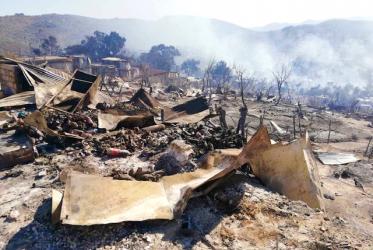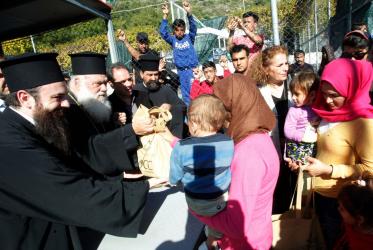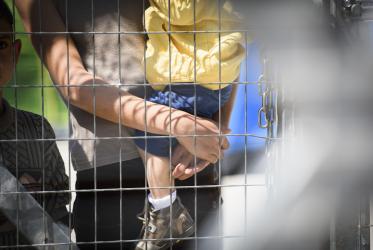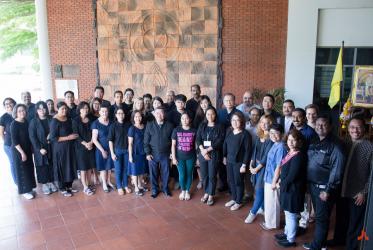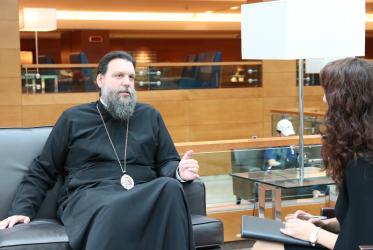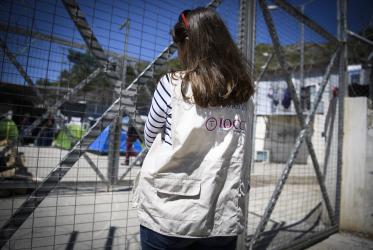Displaying 1 - 20 of 34
Nordic churches: “take our human responsibility”
12 March 2020
"I hit the ground running": Katalina Tahaafe-Williams
16 February 2016
Fleeing from – rather than to – a place
10 February 2016
Refugees in transit: pushing boundaries all around
08 February 2016

